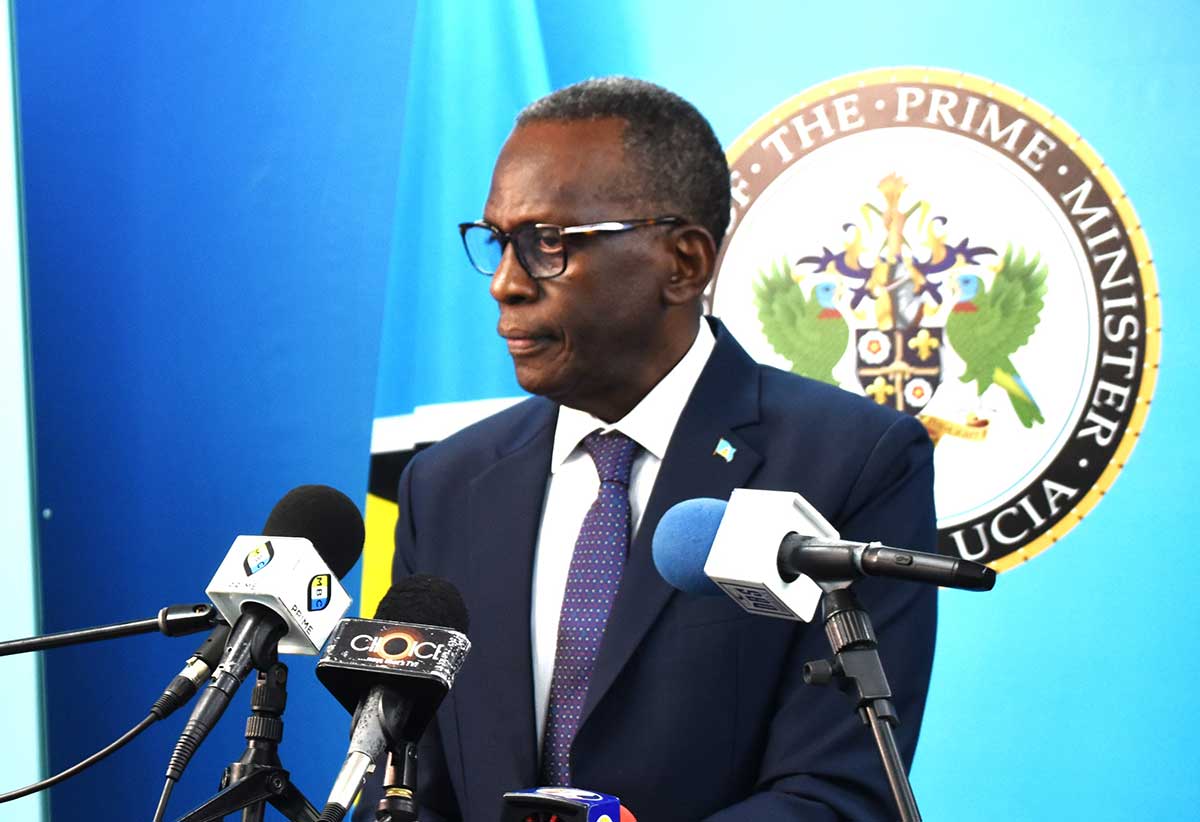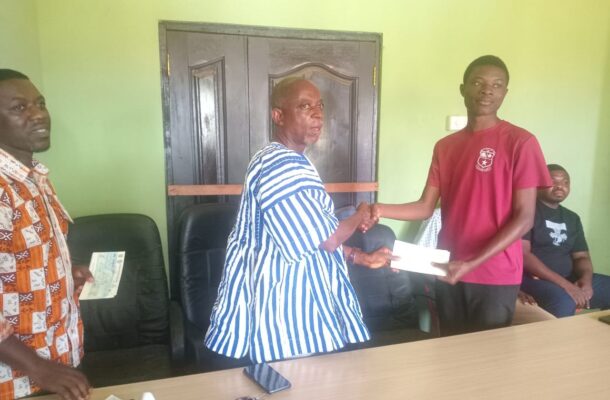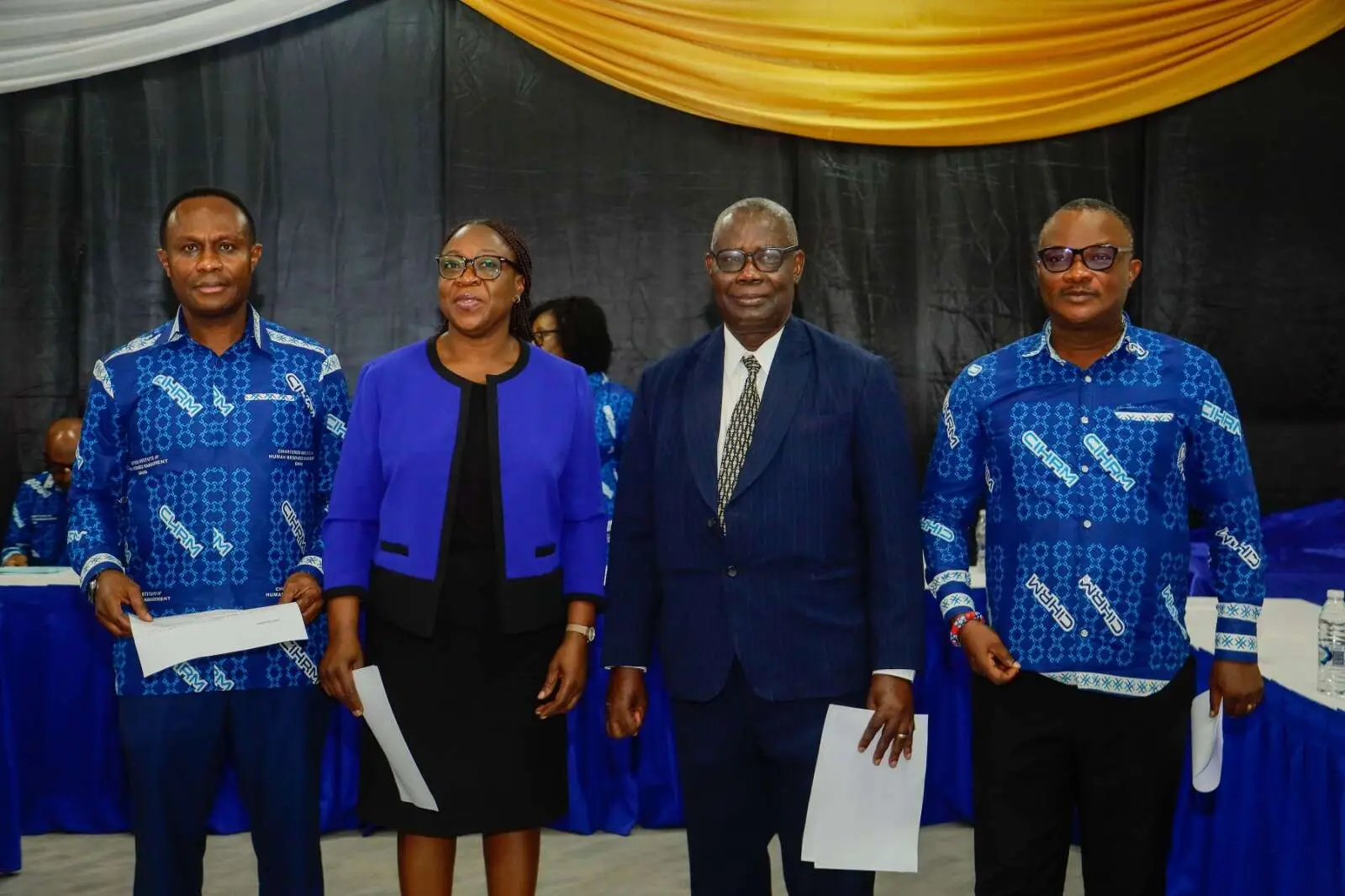Copyright thevoiceslu

The elevation and development of special needs persons, that is the focus of a new initiative introduced by St. Lucia’s Prime Minister Philip Pierre this week. In introducing the new program, the Prime Minister stressed the high value his government places on quality education for all, describing it as an “essential priority.” The project has been named “Pathways to Inclusion: Strengthening systems and expanding opportunities for learners with special needs.” The objectives, according to the Prime Minister, include expansion of equitable access to targeted special needs education in St. Lucia, rehabilitation and retro fitting of some schools, procurement of information and communication technologies and the training of teachers to facilitate best practices. “Teachers will have access to more efficient and targeted tools to provide modern and innovative teaching and learning experiences for students, particularly those with special needs,” the Prime Minister says. The government has allocated EC$1 million in the first instance to service and meet the initial objectives of the program. PM Pierre also highlighted the fact that while the numbers at schools have diminished, the number of special need students had increased, stressing the importance of paying close attention to this area. A well-rounded education system is the government’s goal. He added, “We’ve started by assisting non-government sponsored private schools, early education centers and assisting with the fees for these students. We’ve paid facility fees for all students, next level we’ve paid 4 CXC subjects for students doing CXC, then we assisted nurses, at the university level we have the One University student Per Household program.” Prime Minister Philip Pierre also made mention of the TVET initiative as a component of a well-rounded education system. The program is expected to roll out early in the new year. The Prime Minister was speaking at Monday’s government press briefing where he was questioned on a number of other issues including the current Trinidad posture with regard to CARICOM’s position on the region remaining a conflict free zone, in light of the United States maneuvers in Caribbean water.



